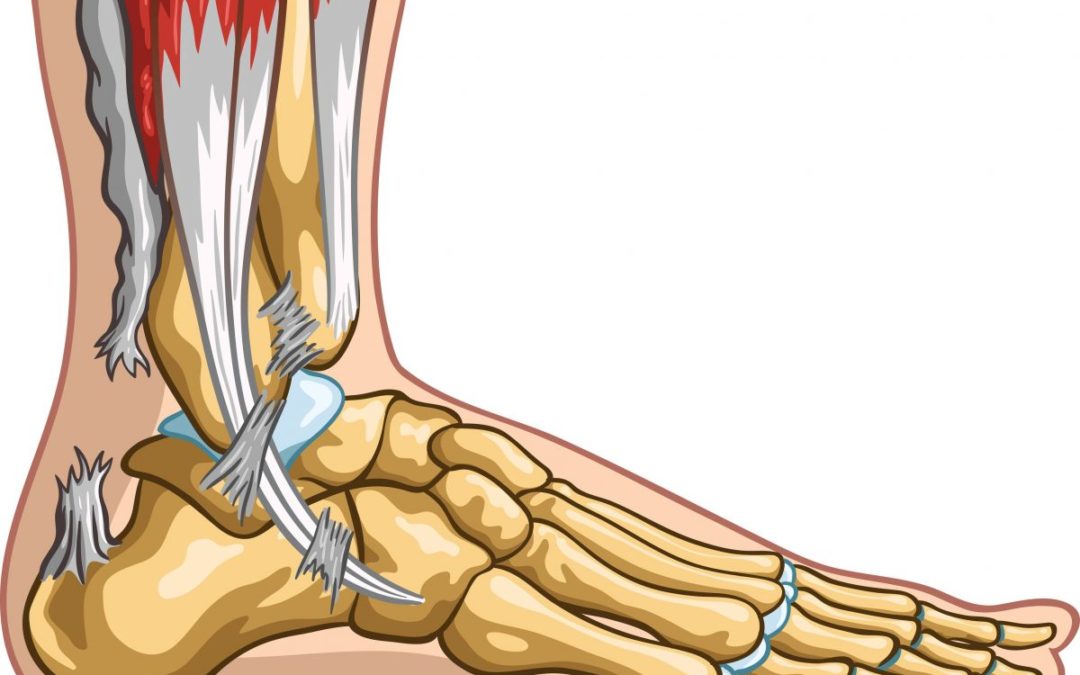What is an Achilles Tendon Rupture?
Table of Contents
Achilles (uh-KILL-eez) tendon rupture is an injury that affects the back of your lower leg. It usual occurs in people playing in recreational sports, but it may happen to anyone.
The Achilles tendon is a strong fibrous cord that connects the muscles in the back of your calf to your heel bone. When you overstretch your Achilles tendon, it can tear (rupture) completely or just partially.
When it ruptures, you may hear a pop, followed by an immediate sharp pain in the back of your ankle and lower leg that is likely to affect your ability to walk properly. Surgery is often performed to repair the rupture. For many people, however, nonsurgical treatment works just as well.
Symptoms
Although it’s possible to have no signs or symptoms with an Achilles tendon rupture, most people have:
- A popping or snapping sound when the injury occurs.
- The feeling of having been kicked in the calf.
- Pain, possibly severe, and swelling near the heel.
- An inability to bend the foot downward or “push off” the injured leg when walking.
- An inability to stand on the toes on the injured leg.
Causes
Rupture usually occurs in the section of the tendon situated within 2 1/2 inches (about 6 centimeters) of the point where it attaches to the heel bone. This section might be prone to rupture because blood flow is poor, which also can impair its ability to heal.
Ruptures often are caused by a sudden increase in the stress on your Achilles tendon. Common examples include:
- Stepping into a hole
- Increasing the intensity of sports participation, especially in sports that involve jumping.
- Falling from a height
Risk factors
Factors that may increase your risk include:
- The peak age for Achilles’ tendon rupture is 30 to 40.
- It is up to five times more likely to occur in men than in women.
- Recreational sports.Achilles’ tendon injuries occur more often during sports that involve running, jumping, and sudden starts and stops — such as soccer, basketball, and tennis.
- Steroid injections.Doctors sometimes inject steroids into an ankle joint to reduce pain and inflammation. However, this medication can weaken nearby tendons and has been associated with Achilles’ tendon ruptures.
- Certain antibiotics.Fluoroquinolone antibiotics, such as ciprofloxacin (Cipro) or levofloxacin (Levaquin), increase the risk of Achilles tendon rupture.
- Excess weight puts more strain on the tendon.
Call Our Marietta, Georgia Office Today at 404-806-3731 or Book your appointment online now!
Proudly Serving Marietta and Atlanta Area!

![podiatryGroup-Logo[1] Logo](https://www.podiatrygroupofgeorgia.com/wp-content/uploads/2020/07/podiatryGroup-Logo1.png)
